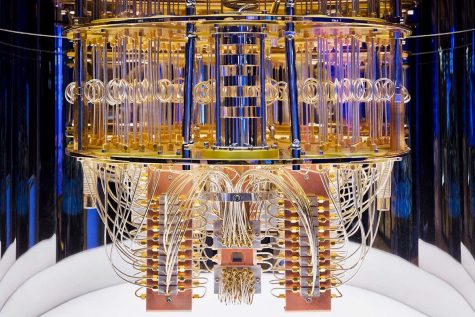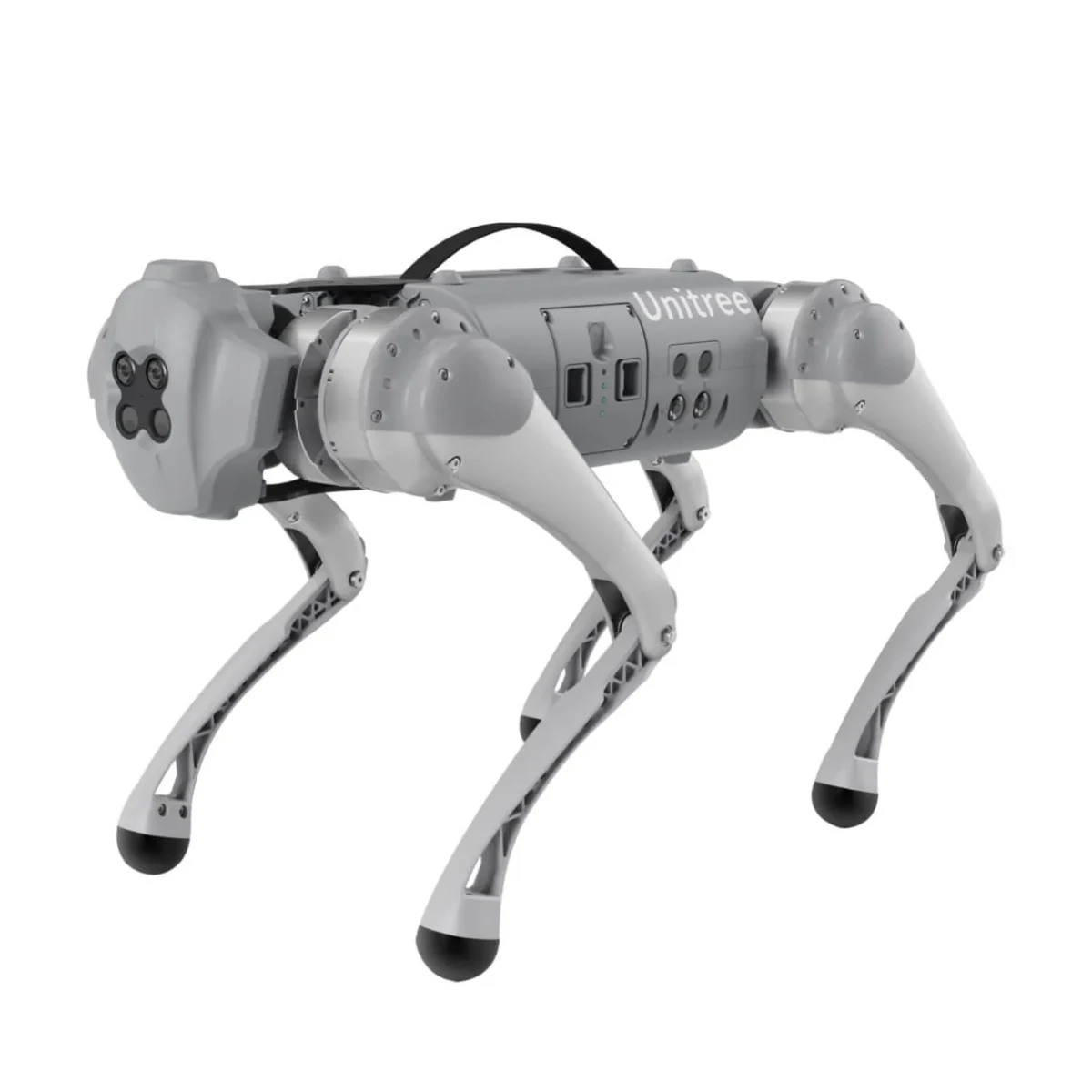How Quantum Computers Work

Quantum computers. (Source: IBM research.)
You might have heard of Quantum computers recently. Quantum computers are new computers still in development. Regular computers use bits. Bits are how computers store and process information. They are tiny switches that are either on or off. All the apps, games, programs that you use have billions of 0 and 1s. Qubits, unlike bits, can actually be on and off at the same time. If you throw the coin before the coin hits the ground, the coin is technically both heads and tails. The coin is in superposition, meaning that it is both heads and tails, same with qubits. If there is a maze and a computer needs to find the solution to the maze. Regular computers will have to go through every path until it finds the correct one. If a quantum computer does it, it will go through every possible path in the maze at once, making it a lot faster than regular computers.
Quantum computers will allow computers to do things a lot faster. Even the best supercomputers in the world will not be as fast as a quantum computer. Google is using quantum computers to make their self-driving cars better. Quantum computers will be beneficial in simulating big uncertain things such as predicting the weather or the stock market.
They can also put our data, such as passwords, at risk. Most of the ways of encrypting work because breaking down big numbers into prime numbers is very slow and painful. Quantum computers, on the other hand, can do it very easily. Kevin Superposition is a very delicate state for a qubit to be in, and the smallest electrical interference will knock it out of superposition. To make sure that it stays in superposition, it will have to be kept at absolute zero. Absolute zero is the lowest temperature something can get to. When objects are hot, they vibrate very quickly, but when they are cold, they vibrate very slowly. When objects are as cold as absolute zero, they do not vibrate, meaning they will not have any electrical inference.
Right now, quantum computers are still very unreliable and can’t do anything useful yet. You will not expect to get a quantum within the next few decades. In the future, quantum computers might cure diseases, improve AI and improve space travel.














